Are you considering buying a second property in Singapore? Whether you’re looking to invest in property or simply want a vacation home, there are several things you need to know before taking the plunge.
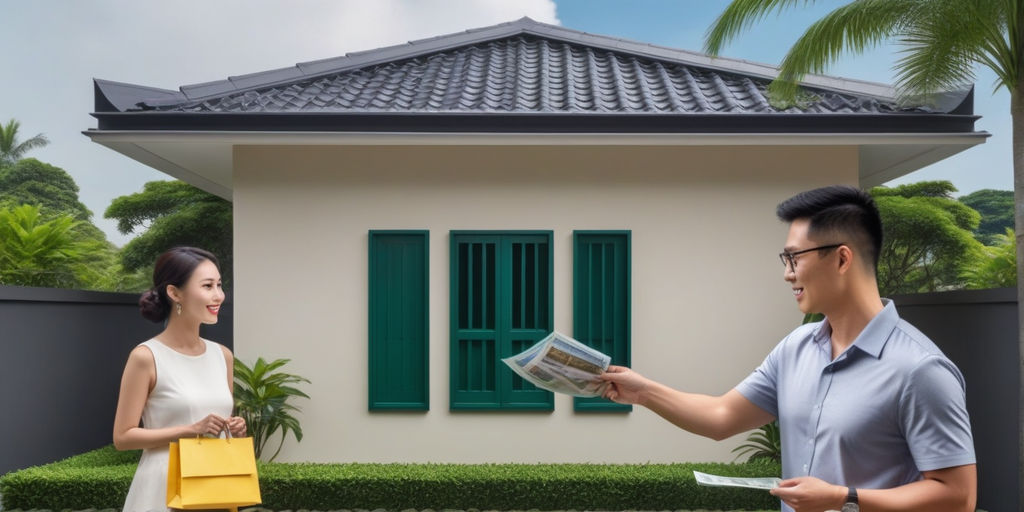
Firstly, it’s important to understand the Singapore property market. Despite significant cooling measures, the market remains robust, making it an attractive option for investors. However, it’s crucial to do your research and understand the risks involved.
Financial considerations are also key when it comes to buying a second property. You’ll need to calculate potential rental yield, capital appreciation, and return on investment (ROI). Additionally, you’ll need to consider eligibility requirements, strategies for purchasing a second home, the purchase process, and more. With the right guidance and support, you can successfully navigate the legal and regulatory frameworks and maximise returns on your investment.
Key Takeaways
- Understand the Singapore property market before investing in a second property.
- Consider financial factors such as potential rental yield and return on investment.
- Seek professional guidance and support to navigate the legal and regulatory frameworks.
Understanding the Singapore Property Market
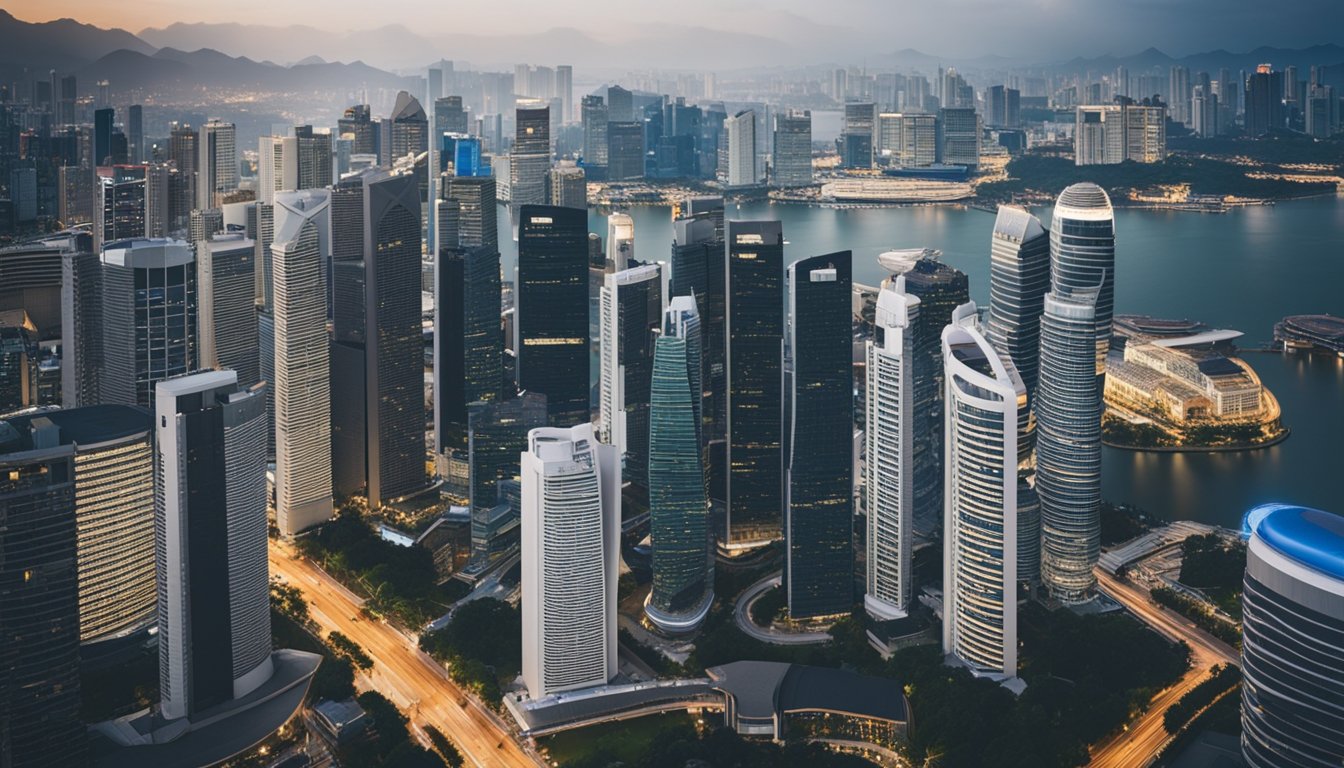
If you are considering buying a second property in Singapore, it is important to have a good understanding of the Singapore property market. This will help you make an informed decision and maximize your investment opportunities.
Real Estate Market Dynamics
The Singapore real estate market is dynamic and constantly evolving. Factors such as economic growth, population growth, and government policies can have a significant impact on the property market. For example, the development of the Jurong Lake District has been a major driver of growth in the western part of Singapore.
Investment Opportunities
Buying a second property in Singapore can be a great investment opportunity. Property prices in Singapore have been relatively stable over the years, and there is a strong rental market. However, it is important to do your research and understand the risks involved. Consider factors such as location, rental demand, and potential capital appreciation.
Property Cooling Measures
The Singapore government has implemented several property cooling measures in recent years to prevent property prices from rising too quickly. These measures include the Additional Buyer’s Stamp Duty (ABSD) and the Total Debt Servicing Ratio (TDSR) framework. It is important to understand these measures and how they may affect your ability to purchase a second property in Singapore.
In summary, understanding the Singapore property market is essential if you are considering buying a second property in Singapore. Keep in mind the real estate market dynamics, investment opportunities, and property cooling measures when making your decision.
Financial Considerations for Second Property Purchase
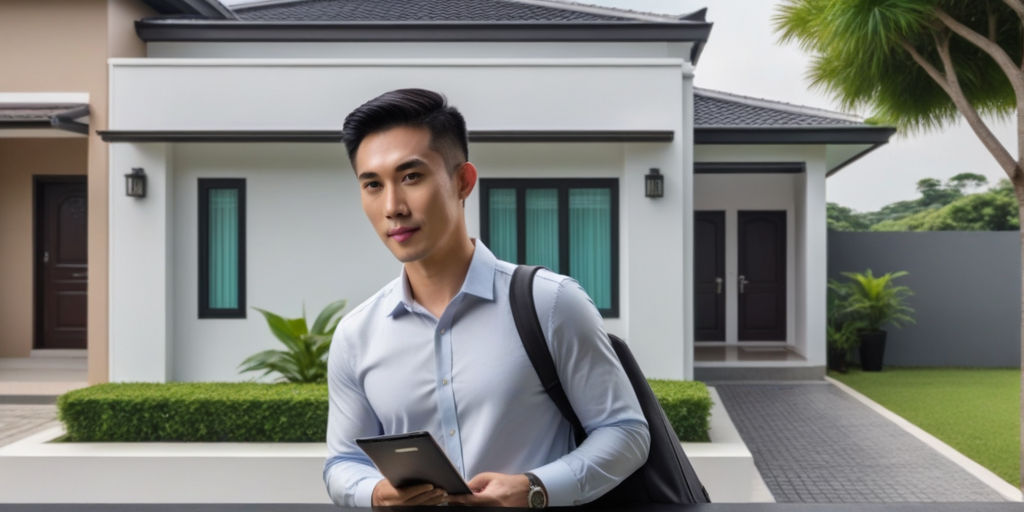
Congratulations on deciding to buy a second property in Singapore! As you embark on this exciting journey, it is important to consider the financial aspects of your purchase. Here are some key financial considerations to keep in mind:
Loan-to-Value (LTV) Ratio
The Loan-to-Value (LTV) ratio is the amount of money you can borrow from a bank or financial institution for your property purchase. For a second property, the LTV ratio is typically lower than that for a first property. This means that you will need to have a higher down payment in order to secure a loan. The LTV ratio for a second property is usually around 45-50%. It is important to factor in the down payment when planning your finances for your second property purchase.
Total Debt Servicing Ratio (TDSR)
The Total Debt Servicing Ratio (TDSR) is the percentage of your income that goes towards servicing your debts, including your mortgage payments. The TDSR for a second property is usually lower than that for a first property. This means that you will need to have a lower level of debt in order to qualify for a loan. The TDSR for a second property is usually around 60%. It is important to calculate your TDSR before applying for a loan, as this will give you an idea of how much you can afford to borrow.
Additional Buyer’s Stamp Duty (ABSD)
The Additional Buyer’s Stamp Duty (ABSD) is a tax that is imposed on buyers who purchase a second or subsequent property in Singapore. The ABSD rates vary depending on your residency status and the number of properties you own. For Singapore citizens buying their second property, the ABSD rate is 12% of the purchase price. For Permanent Residents, the rate is 15%, and for foreigners, the rate is 20%. It is important to factor in the ABSD when planning your finances for your second property purchase.
Property Tax and Other Costs
In addition to the ABSD, there are other costs associated with owning a second property in Singapore. These include property tax, maintenance fees, and insurance premiums. It is important to factor in these costs when planning your finances for your second property purchase. You should also consider the potential rental income from your second property, as this can help offset some of the costs.
Overall, buying a second property in Singapore can be a great investment opportunity. However, it is important to carefully consider the financial aspects of your purchase. By keeping these key financial considerations in mind, you can plan your finances effectively and make a wise investment decision.
Eligibility Requirements
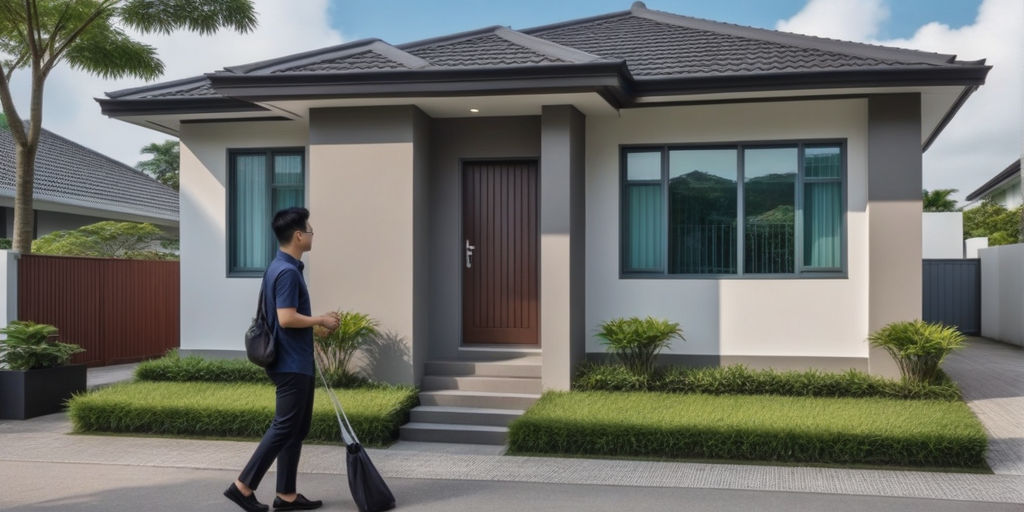
If you are considering buying a second property in Singapore, there are several eligibility requirements that you need to be aware of. In this section, we will discuss the HDB rules and regulations, private property eligibility, and CPF usage and limitations.
HDB Rules and Regulations
If you already own an HDB flat, you will need to fulfill the Minimum Occupation Period (MOP) before you can purchase a second property. The MOP is typically five years, during which time you must occupy the flat as your primary residence. After the MOP has been fulfilled, you can sell or rent out your HDB flat and purchase a second property.
Private Property Eligibility
To be eligible to purchase private property in Singapore, you must be a Singapore citizen or a Singapore Permanent Resident (PR). If you are a PR, you will need to have fulfilled the MOP for your HDB flat before you can purchase private property. Additionally, you must meet certain income and age requirements to be eligible to purchase private property.
CPF Usage and Limitations
You can use your CPF Ordinary Account to finance the purchase of your second property. However, there are limitations on how much CPF you can use, depending on the type of property you are purchasing. For example, if you are purchasing an HDB flat, you can use your CPF to pay for the downpayment and monthly instalments. If you are purchasing a private property, you can use your CPF to pay for the downpayment, but you will need to pay the monthly instalments in cash.
In summary, before you consider buying a second property in Singapore, it is important to understand the eligibility requirements. You will need to fulfill the MOP for your HDB flat, meet certain income and age requirements, and be aware of the limitations on CPF usage.
Strategies for Buying a Second Home
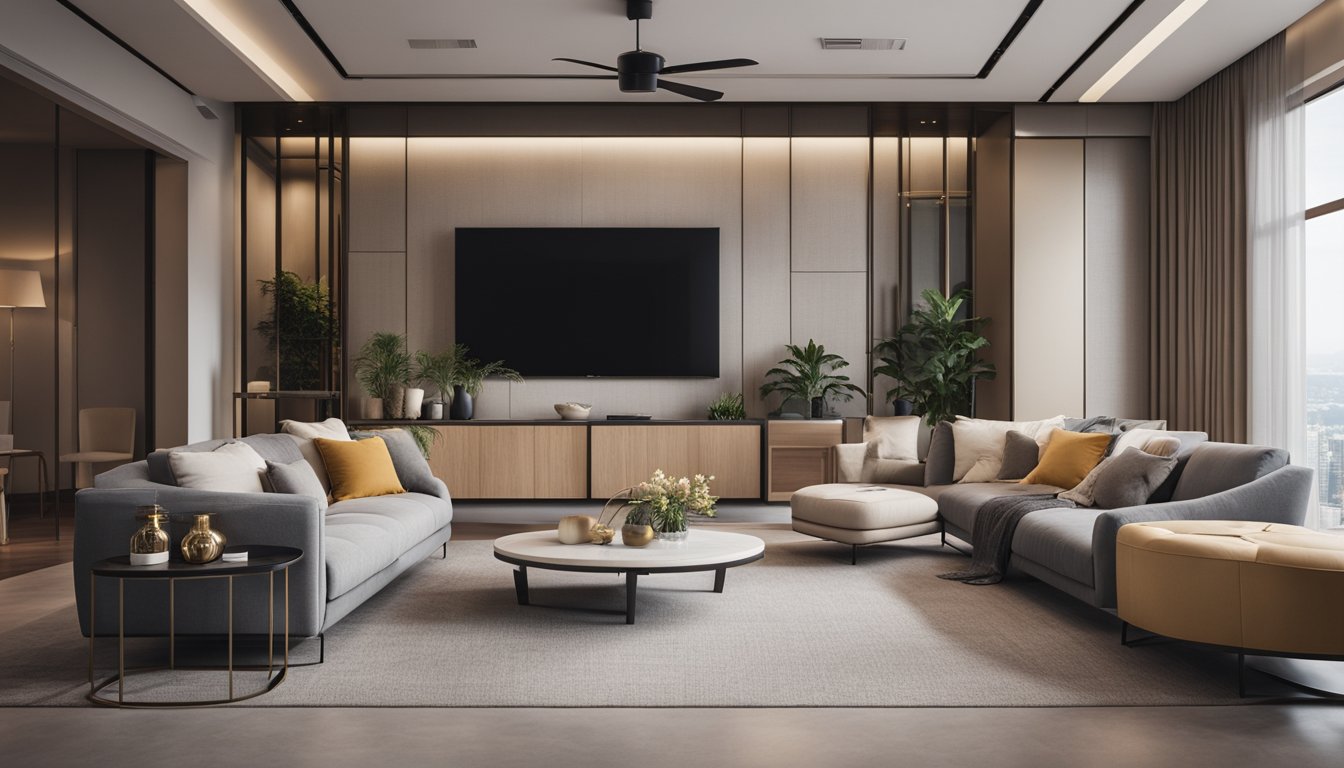
When considering purchasing a second property in Singapore, it’s essential to have a well-thought-out strategy in place to maximise your investment. Here are some key strategies that can help you make the most of your second property purchase.
Decoupling Ownership
If you currently own a property jointly with a spouse, decoupling ownership can be a viable option. By doing so, you can potentially reduce the Additional Buyer’s Stamp Duty (ABSD) when purchasing a second property. However, it’s crucial to carefully evaluate the financial and legal implications before proceeding with decoupling.
Optimising Rental Income
To ensure a steady stream of rental income, you should consider the location, amenities, and rental demand when selecting a second property. Conduct thorough research to understand the rental market trends and determine the potential rental yield of the property. Additionally, investing in property enhancements and maintenance can attract higher rental rates and increase your return on investment.
Timing Your Investment
The timing of your property investment is crucial for capital appreciation and maximising returns. Consider the investment horizon and market conditions to make an informed decision. Understanding the cyclical nature of the property market can help you identify the right time to enter the market and capitalise on potential capital gains.
By implementing these strategies, you can navigate the process of buying a second property in Singapore with confidence and make informed decisions that align with your investment goals.
The Purchase Process
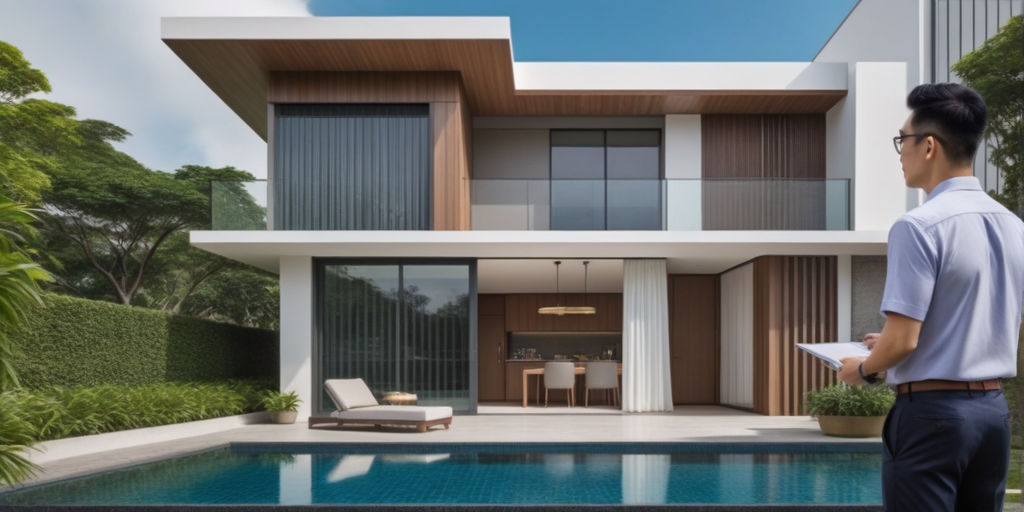
Buying a second property in Singapore can be an exciting prospect. However, before you jump in, it’s important to understand the purchase process. Here’s what you need to know:
Selecting the Right Location
When buying a second property, location is key. Consider areas that are popular with tenants or have a high potential for capital appreciation. Look for properties that are close to amenities such as public transport, schools, and shops. It’s also important to research the area’s property market to ensure that you’re making a sound investment.
Assessing Affordability and Valuation
Before you start looking for a second property, it’s important to assess your affordability. Consider your income, expenses, and existing debt obligations. You should also research the valuation limit for your second property. The valuation limit is the maximum amount that a bank will lend you for your second property. This limit is determined by the Monetary Authority of Singapore (MAS) and is currently set at 45% of the purchase price or market value, whichever is lower.
Securing Financing and Making an Offer
Once you’ve found a property that you’re interested in, it’s time to secure financing. You’ll need to make a down payment of at least 25% of the purchase price. The remaining 75% can be financed through a housing loan. Keep in mind that the loan-to-value ratio for your second property is 45%, meaning that you’ll need to have at least 55% equity in the property.
When making an offer, it’s important to consider the asking price, the property’s condition, and any other factors that may affect its value. Work with a real estate agent to negotiate the best deal possible.
Overall, buying a second property in Singapore can be a great investment opportunity. By selecting the right location, assessing your affordability and valuation limit, and securing financing, you can make a sound investment that will provide you with passive income and potential capital gains.
Maximising Returns from Your Investment
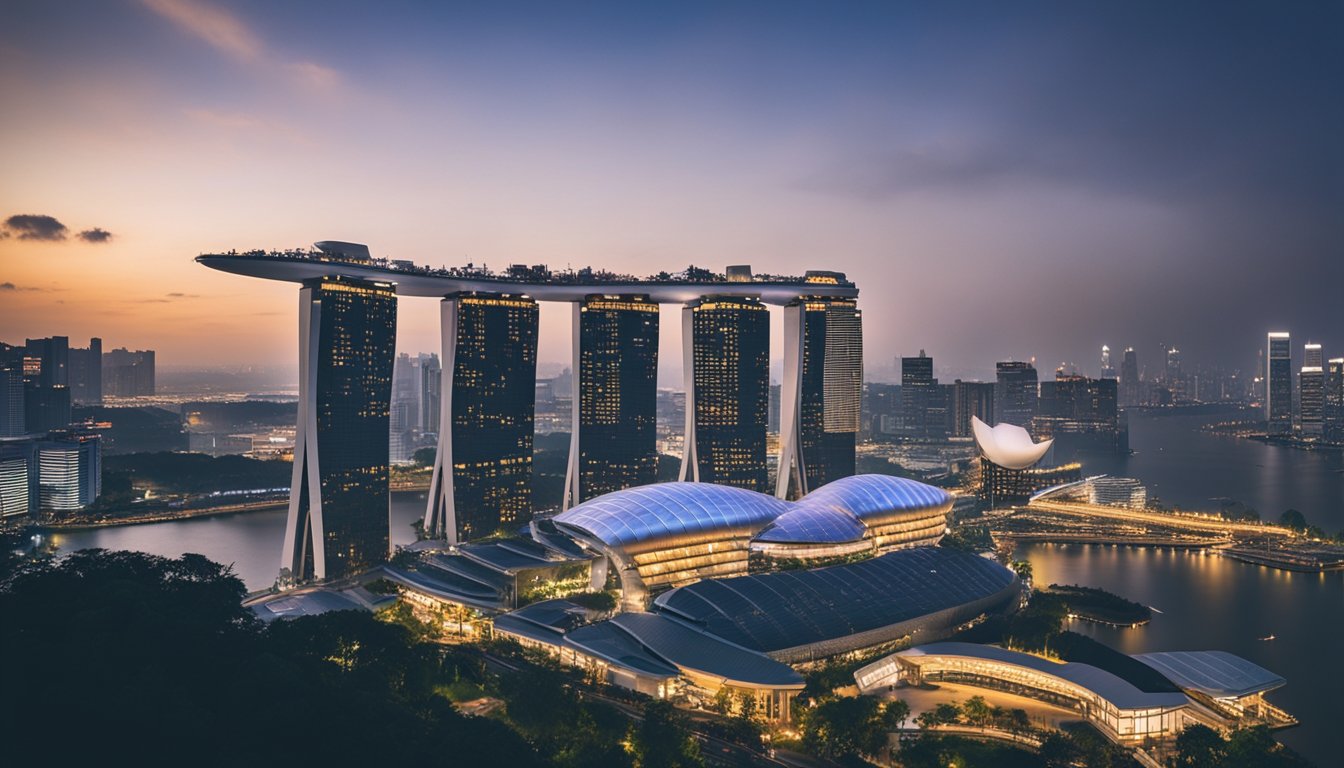
If you’re buying a second property in Singapore, you’re probably looking to maximise your returns from the investment. Here are some strategies you can use to achieve this goal.
Capital Gains and Rental Yield
One way to maximise your returns from a second property is to focus on both capital gains and rental yield. Capital gains refer to the increase in property value over time, while rental yield is the income generated from renting out the property.
To maximise your capital gains, you should look for properties in areas that are expected to appreciate in value over time. This could be due to factors such as proximity to amenities, good transportation links, or upcoming developments in the area.
To maximise your rental yield, you should look for properties that are in high demand for renters. This could be due to factors such as proximity to business districts, good schools, or popular tourist attractions.
Long-Term Investment Strategies
Another way to maximise your returns from a second property is to adopt a long-term investment strategy. This means holding onto the property for an extended period, rather than flipping it for a quick profit.
A long-term investment strategy allows you to benefit from both capital gains and rental yield over time. It also gives you the opportunity to ride out any short-term fluctuations in the property market.
To adopt a long-term investment strategy, you should look for properties that have the potential to appreciate in value over the long term. You should also be prepared to hold onto the property for at least five to ten years to maximise your returns.
In summary, to maximise your returns from a second property in Singapore, you should focus on both capital gains and rental yield, and adopt a long-term investment strategy. By doing so, you can generate passive income and benefit from potential appreciation in property value over time.
Living in Singapore
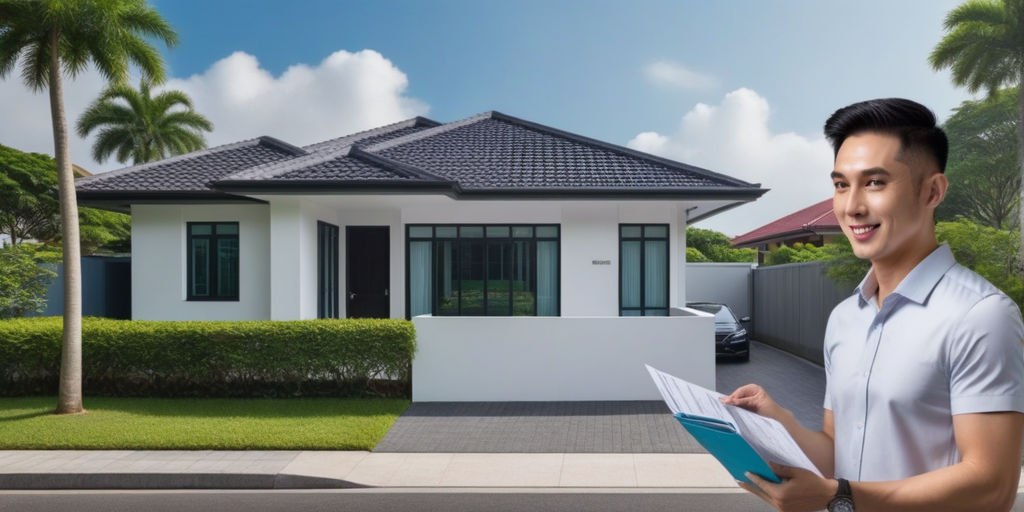
If you’re considering buying a second property in Singapore, it’s essential to understand the housing options available to you. Singapore offers a mix of public and private housing, each with its own unique benefits and drawbacks.
Public vs Private Housing
Public housing in Singapore is managed by the Housing and Development Board (HDB) and is designed to provide affordable housing to Singaporeans. HDB flats come in a range of sizes and are available for purchase through a variety of schemes, including Build-to-Order (BTO) flats, Design, Build and Sell Scheme (DBSS) flats, and Executive Condominiums (ECs).
Private residential property, on the other hand, is typically more expensive than public housing but offers greater flexibility in terms of design and location. Private properties include condominiums, landed properties, and apartments.
Amenities and Lifestyle Choices
When choosing where to live in Singapore, it’s essential to consider the amenities and lifestyle choices available to you. Public housing estates typically come with a range of facilities, including parks, playgrounds, and community centres. Private residential properties, on the other hand, may offer more exclusive amenities such as swimming pools, gyms, and private gardens.
In terms of lifestyle choices, public housing estates tend to be more family-oriented, with a range of schools and childcare facilities available. Private residential properties may be more suitable for young professionals or couples without children, as they offer a greater degree of privacy and luxury.
Overall, the choice between public and private housing in Singapore will depend on your budget, lifestyle preferences, and long-term goals. It’s important to do your research and weigh up the pros and cons of each option before making a decision.
Special Considerations for Foreign Buyers
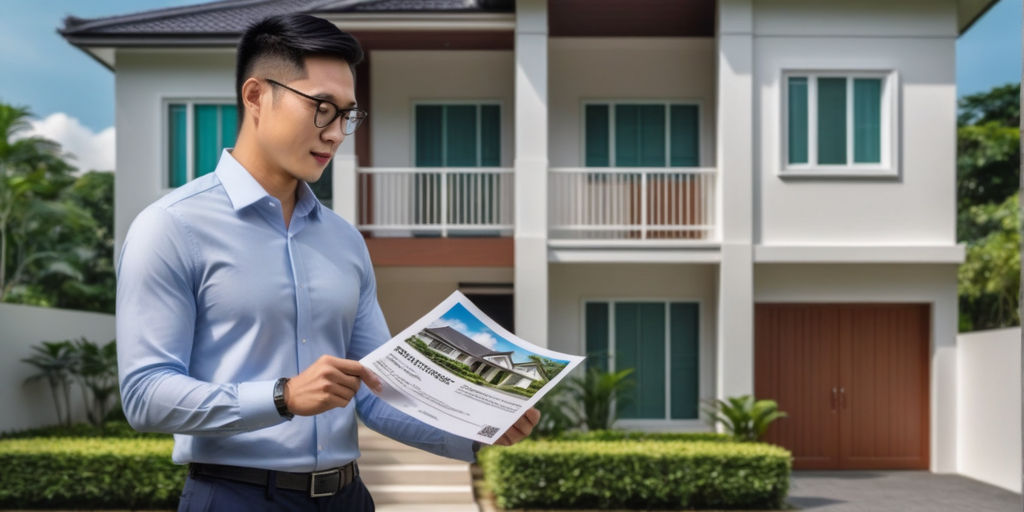
If you are a foreigner looking to buy a second property in Singapore, there are some special considerations you need to keep in mind. Firstly, you should be aware that foreigners are subject to higher Additional Buyer’s Stamp Duty (ABSD) rates than Singapore citizens and Permanent Residents (PRs).
As of 2023, the ABSD rates for foreigners buying any property in Singapore is 60% of the property’s purchase price. This is significantly higher than the ABSD rates for Singapore citizens and PRs, which range from 5% to 30% depending on the number of properties owned.
In addition to the higher ABSD rates, foreign buyers may also face restrictions on the type of property they can purchase. For example, foreign buyers are not allowed to purchase landed properties without prior approval from the Singapore Land Authority.
It is also worth noting that foreign buyers may face additional fees and taxes when purchasing a property in Singapore. For example, foreign buyers are required to pay a Buyer’s Stamp Duty (BSD) of 3% on the first S$180,000 of the property’s purchase price, 4% on the next S$180,000, and 6% on the remainder of the purchase price.
Finally, it is important to remember that foreign buyers are only allowed to purchase private properties in Singapore. This means that you will not be able to purchase public housing (HDB flats) as a foreigner.
Overall, if you are a foreigner looking to buy a second property in Singapore, it is important to be aware of the higher ABSD rates, potential restrictions, and additional fees and taxes that may apply to your purchase.
Navigating Legal and Regulatory Frameworks
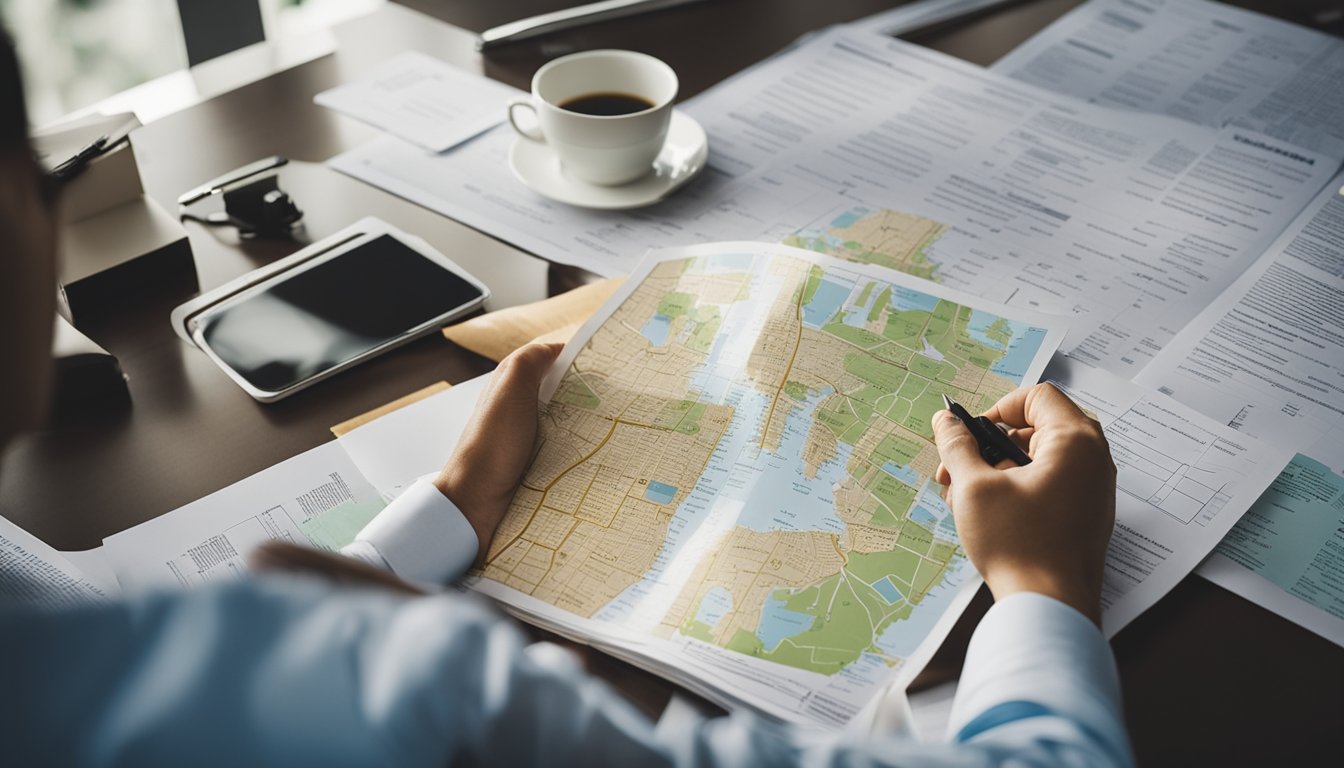
Buying a second property in Singapore involves navigating several legal and regulatory frameworks. Understanding these frameworks is crucial to making a well-informed decision. In this section, we will explore some key considerations you need to keep in mind when navigating these frameworks.
Understanding Stamp Duties
When buying a second property in Singapore, you will be subject to Additional Buyer’s Stamp Duty (ABSD). The amount of ABSD you need to pay depends on your profile. For instance, if you are a Singapore Citizen (SC) buying your second residential property, you will need to pay 12% ABSD. If you are a Singapore Permanent Resident (SPR) or a Foreigner, you will need to pay 15% ABSD.
It is important to note that there are ways to avoid paying ABSD when buying a second property. For example, if you sell your first property before buying your second property, you will not need to pay ABSD. Additionally, if you are a married couple, you can avoid paying ABSD by applying for an ABSD remission.
Complying with Housing Regulations
When buying a second property in Singapore, you need to comply with housing regulations set by the Housing Development Board (HDB) and Urban Redevelopment Authority (URA). For instance, if your first property is an HDB flat, you need to fulfill the Minimum Occupation Period (MOP) before you can buy a second property. The MOP is typically five years for HDB flats, but it can be longer for certain types of flats.
If you are buying an Executive Condominium (EC), you need to fulfill the 5-year Minimum Occupation Period (MOP) before you can sell or sublet the unit. Additionally, you need to comply with the CPF Housing Grant rules when buying a second property. For instance, if you are using CPF funds to buy your second property, you need to fulfill the Basic Retirement Sum (BRS) before you can use the balance CPF savings.
Lastly, you need to make a minimum cash down payment when buying a second property. The minimum cash down payment is 25% of the purchase price or valuation, whichever is higher. This means that if you are buying a property worth $1 million, you need to make a minimum cash down payment of $250,000.
In conclusion, navigating legal and regulatory frameworks when buying a second property in Singapore can be challenging. However, by understanding the stamp duties and complying with housing regulations, you can make a confident and informed decision.
Professional Guidance and Support
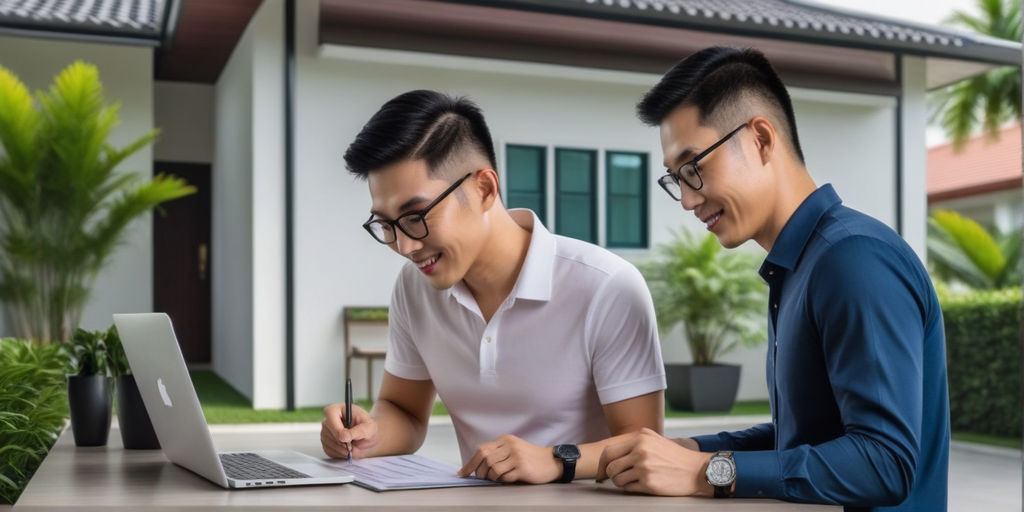
If you are considering buying a second property in Singapore, it is important to seek professional guidance and support to ensure that you are making well-informed decisions. In this section, we will discuss two key areas where professional guidance can be particularly beneficial: working with real estate agents and financial planning for property investment.
Working with Real Estate Agents
Real estate agents can provide valuable assistance when it comes to buying a second property in Singapore. They can help you identify suitable properties, negotiate with sellers, and navigate the complex legal and regulatory landscape. They can also provide you with insights into market trends and help you make informed decisions about your investment.
When choosing a real estate agent, it is important to look for someone who is experienced, knowledgeable, and trustworthy. You can ask for recommendations from friends and family or conduct your own research online. Be sure to interview potential agents to get a sense of their expertise and personality before making a decision.
Financial Planning for Property Investment
Buying a second property in Singapore is a significant financial investment, and it is important to have a solid financial plan in place before making a purchase. This may involve working with a financial planner or advisor to assess your current financial situation, set investment goals, and develop a strategy for achieving those goals.
When developing a financial plan for property investment, it is important to consider factors such as your budget, financing options, and potential rental income. You should also factor in additional expenses such as stamp duty, legal fees, and maintenance costs. A financial planner can help you assess the risks and benefits of different investment strategies and provide you with guidance on how to manage your finances effectively.
By working with real estate agents and financial planners, you can ensure that you are making well-informed decisions about buying a second property in Singapore. With their guidance and support, you can navigate the complex world of property investment with confidence and achieve your long-term financial goals.
Conclusion
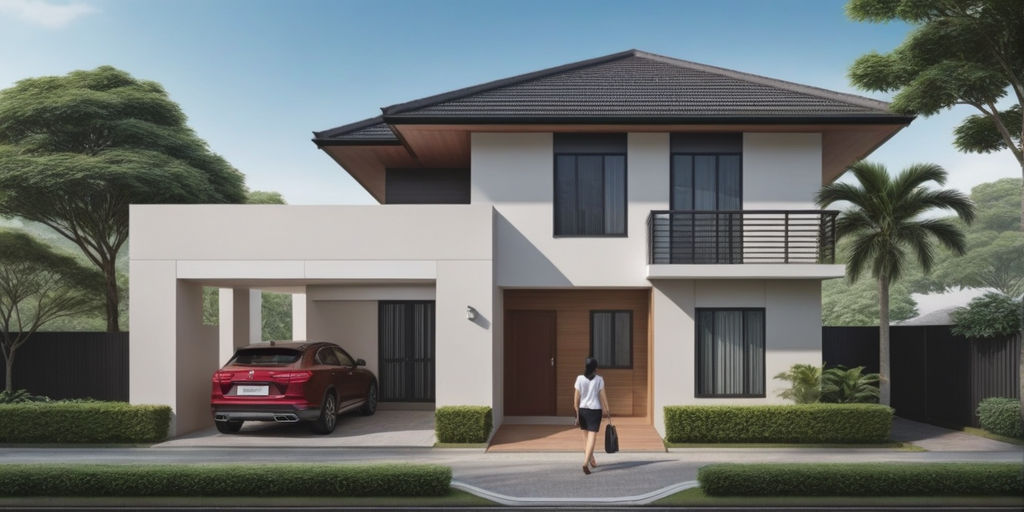
Now that you have a better understanding of the considerations when buying a second property in Singapore, you are ready to take the next step. Remember, buying a second property can be a great investment opportunity, but it is important to do your research and make an informed decision.
Before making any decision, evaluate your financial situation, eligibility criteria, and intentions behind the purchase. You should also be aware of the Additional Buyer’s Stamp Duty (ABSD) rates, which can significantly increase the cost of buying a second property in Singapore.
Consider consulting a licensed property professional to help you identify potential blinds and provide you with valuable insights into the property market.
When it comes to financing your second property, you have several options, including taking out a mortgage or using your Central Provident Fund (CPF) savings. Be sure to compare different loan options and choose the one that best fits your financial situation.
Finally, remember that buying a second property is a long-term investment. It may take time to see a return on your investment, so be patient and stay committed to your goals. With careful planning and financial prudence, buying a second property in Singapore can be a rewarding experience.
Frequently Asked Questions
What’s the scoop on additional stamp duties for your next property purchase?
If you’re planning to buy a second property in Singapore, you need to know about Additional Buyer’s Stamp Duty (ABSD). The amount you pay depends on your residency status and the number of properties you own. Singapore citizens pay lower ABSD rates than Permanent Residents and foreigners. Check out this essential guide to learn more about ABSD.
Are loads of Singaporeans juggling two properties these days?
Despite the cooling measures in Singapore, many homeowners are still buying a second property for themselves. While a second property can serve as an investment and a passive source of income, you should consider your financial situation and eligibility before purchasing one. Speak to Ohmyhome’s agents for a comprehensive evaluation. Check out this article to learn more.
Fancy a quick peek at your potential second property costs with a handy calculator?
Yes, you can use online calculators to estimate your potential second property costs, including stamp duties, loan repayments, and down payments. But remember, these calculators are only estimates. Speak to a financial advisor or mortgage broker to get a more accurate picture of your costs. Check out this article to learn more.
What’s the maximum loan-to-value ratio for a second property loan you can snag?
The maximum loan-to-value (LTV) ratio for a second property loan is 75% for Singapore citizens and Permanent Residents, and 45% for foreigners. This means you can borrow up to 75% of the property’s value if you’re a Singapore citizen or Permanent Resident. Check out this article to learn more.
How chunky does your wallet need to be for the down payment on property number two?
Buying a second property requires a substantial cash outlay, so it may be a good idea to have ample savings before setting out to get one. The down payment for a second property is higher than for your first property. Speak to a mortgage broker or financial advisor to learn more about the down payment requirements. Check out this article to learn more.
Is snapping up a second property in Singapore a brilliant investment move?
Buying a second property in Singapore can be a good investment move if you have the financial means and you’re willing to take on the risks. However, you should do your research and consider your financial situation before making any decisions. Speak to a financial advisor or mortgage broker to learn more about the potential risks and rewards. Check out this article to learn more.

